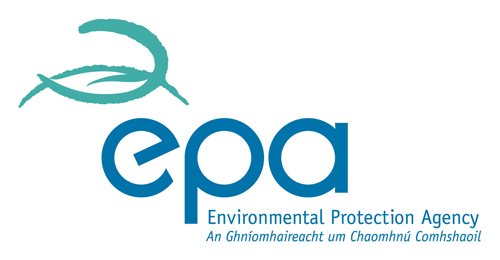Kilkenny Precast Concrete Ltd. provide a full thorough and comprehensive service and maintenance package for your KPC Biofilter Watewater Treatment System. It is essential to carry out annual maintenance, inspections and servicing on your wastewater treatment unit to ensure continued optimum working order for your system. If your wastewater treatment system is left unmaintained it can lead to contamination and pollution of wells & watercourses, as well as creating problems for the household it serves.
We provide a full maintenance contract at very reasonable rates. Our experienced service engineer will resolve any technical issues with your system ensuring correct and efficient working order.
The service entails:
- A full treatment system inspection including:
Check on tank sludge levels
Check pipework connections
Check electrical connections & control panel diagnostics - Ensure that the air pump is working correctly and fit replacement parts where necessary
- Ensure submersible pump & float switches are working correctly and fit replacement parts where necessary ( N.B. Not all systems have a submersible pump as they may be gravity output to the percolation area )
- Provide a detailed report on findings and maintenance work carried out on your wastewater treatment system. This will include recommendations on desludging intervals.
Kilkenny Precast Concrete Ltd. supply a speedy response to emergency call outs and repairs. For any further queries or for a full copy of our maintenance contract, please contact our office on 056 7721013 or e-mail us at kilkennyprecastconcrete@gmail.com



